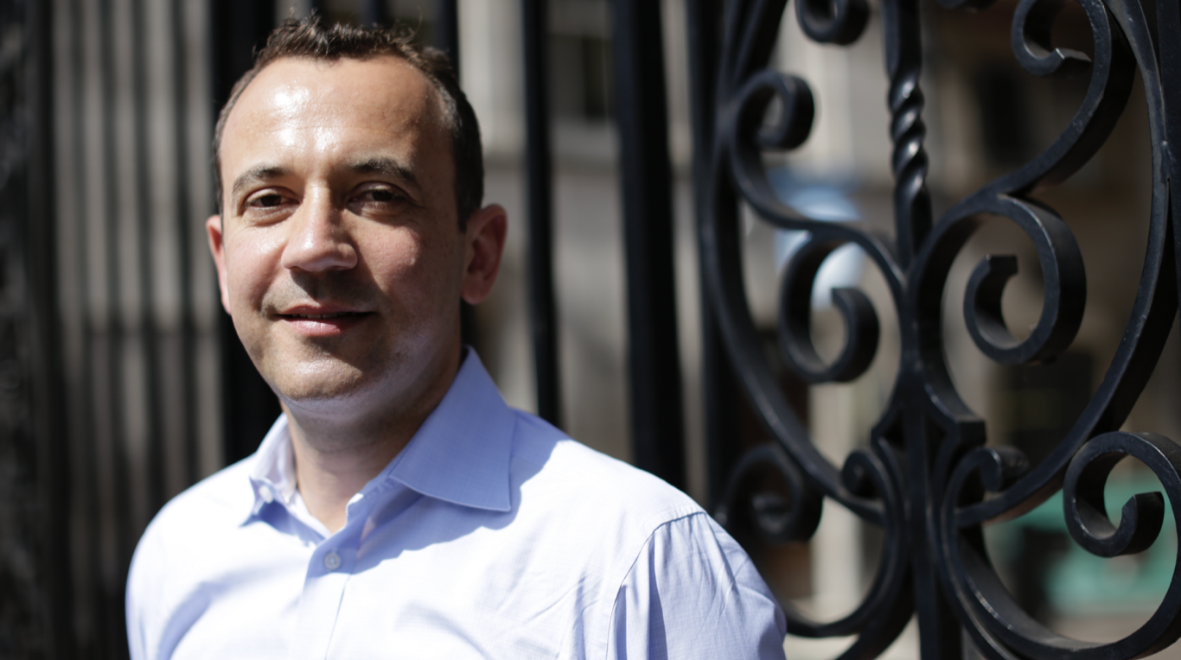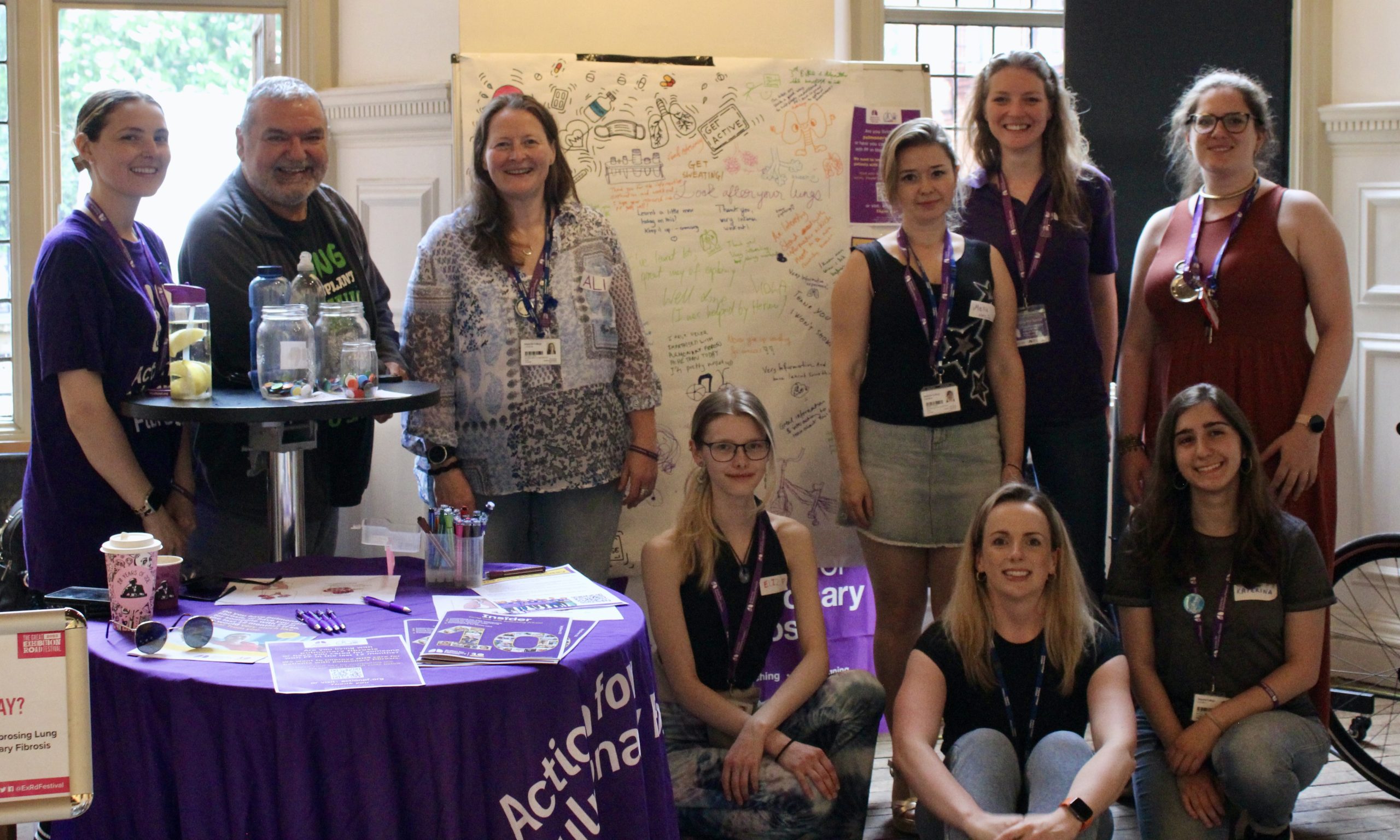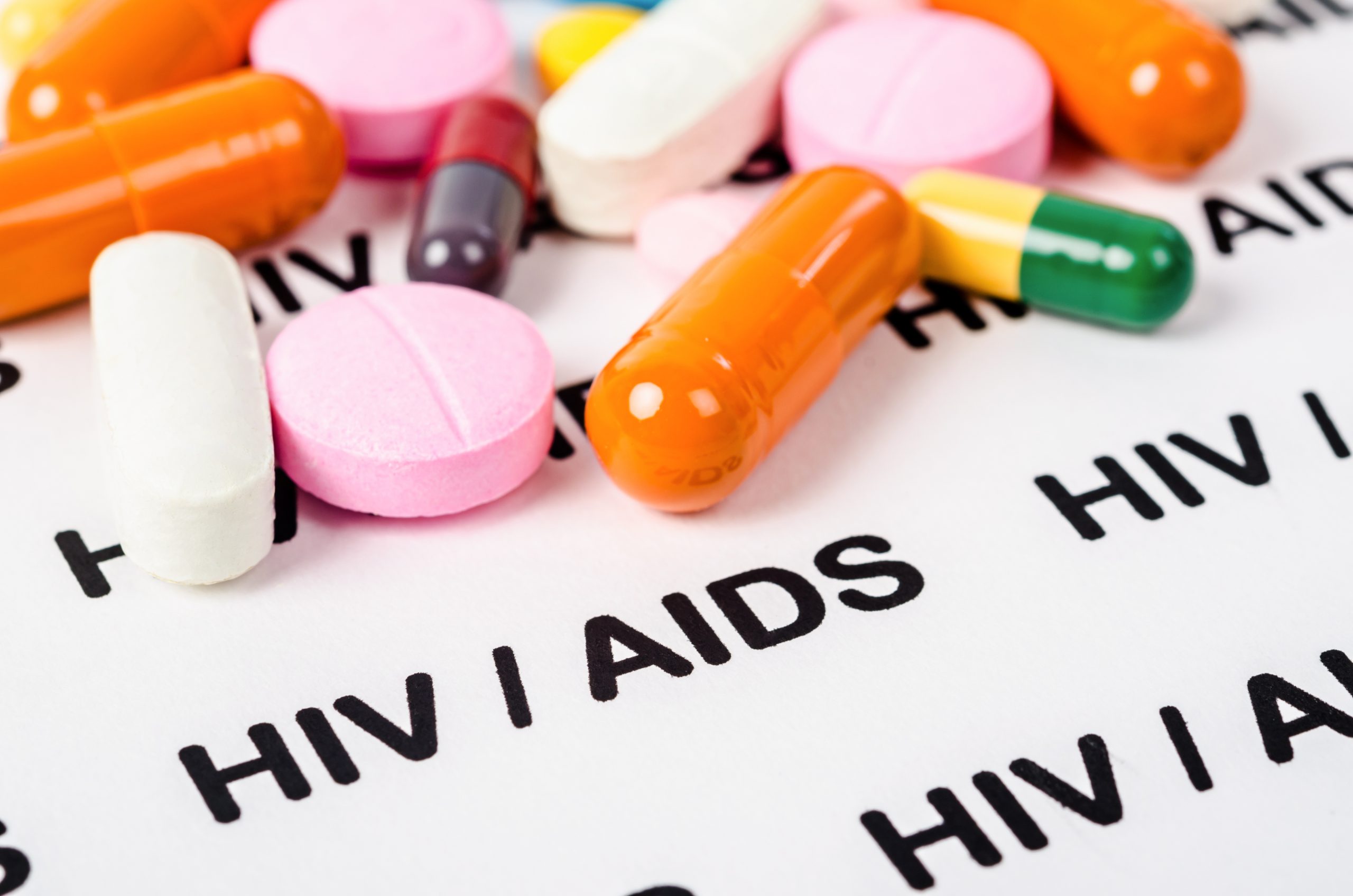
To mark World AIDS Day, Professor Sarah Fidler from the Department of Infectious Disease, and student, Jonas Bergmann from the University of Amsterdam, reflect on the evolution of HIV treatment and the ongoing challenges. They discuss the impact of stigma, the importance of accessible medication, and the role of community-led initiatives in supporting those living with HIV.
Professor Sarah Fidler
My first experience of HIV was in 1988 when I was 24 years old. I had just qualified as a junior doctor. As I started work on the respiratory ward, there were several young people who were inpatients. This was unusual for an acute medical ward, which treats patients with urgent medical conditions. Our patients were a similar age to me, but these young people – who should have had their whole lives ahead of them were isolated, sick and dying.
Not only were they dying, but they were dying with a health condition that also affected their partners, all while facing fear, judgement and stigmatisation. As a result, many had no family with them to help ease their passing – just prejudice, homophobia and ignorance. We had no medicines that could reverse the medical complications, nothing that could make them better. All we could do was to care for them as best we could, providing empathy, kindness and medical support to ease their journey.






 Kelly Gleason introduces a guide,
Kelly Gleason introduces a guide, 
